When I think of the notable Black History Month figures I was taught about in grade school very few openly queer people come to mind. Sure, folks like James Baldwin, Langston Hughes, Josephine Baker, and Bessie Smith were sometimes mentioned, but their LGBTQ+ identities usually weren't. Perhaps that's because the South Carolina public education system, like many others, is trash. Or, more likely, it's because teaching any sort of LGBTQ+ history was taboo and their identities as queer people were deemed secondary to their Blackness, and therefore not worthy enough of even a quick aside.
As we head into another 28 days of celebrating historical Black excellence, it's important to center the legacies of Black LGBTQ+ people. It's the least we can do to present a full, nuanced idea of America's Black experience. Black queer futures depend on it.
Black History Month began as "Negro History Week" in 1926 in the United States to create a coordinated effort in public schools nationwide to teach Black history. Historian Carter G. Woodson felt that "if a race has no history, it has no worthwhile tradition, it becomes a negligible factor in the thought of the world, and it stands in danger of being exterminated." Though initially not widely accepted, by 1970, at the proposal of Black educators and students at Kent State University, the week was expanded into Black History Month. Six years later, the yearly celebration was officially endorsed by President Gerald Ford.
What's resulted in the decades since is supposed to be an opportunity for white people and their institutions to redress their perpetual erasure of the roles of Black folks in building this country on our backs, and for Black people and our institutions to honor an undaunted and ever-persisting ancestry. What we've been given however is a rote acknowledgement of the same five people -- Rosa Parks, Martin Luther King Jr., George Washington Carver, Madame C.J. Walker, and Malcolm X. And the queer folks who wrote, spoke, marched, disrupted, and made history alongside them are often left out -- and if they are mentioned, their queerness is either sensationalized, like King's confidante Rustin, or wholly ignored.
I didn't realize how much this mattered until people began asking me about my role models and sources of inspiration. As I mined the deepest recesses of my mind, I often came up empty, or with legendary queer folks who were still alive. This wasn't a problem per se, and I could've easily named a slew of men and women who attended Morehouse and Spelman Colleges and went on to make history or countless straight Black folks who've impacted the culture at large. But I felt it betrayed the rich history of Black queer folks to which I belong to do so. It seemed as if my history began with the likes of Laverne Cox, Don Lemon, and Jason Collins as opposed to these Black LGBTQ+ people taking up the mantle our queer ancestors had left for us.
In fact, it was years earlier when I was a student at Morehouse that I noticed how my Black History Month education had failed me. A group of queer students were in the early stages of organizing an effort to get a portrait of Bayard Rustin added to our school's Hall of Honor located in our chapel named after King (our most famous graduate) that includes over 150 oil portraits of global leaders of the international civil and human rights movements. At the time, I had heard of Rustin but didn't know he was gay, and openly so, while serving as King's confidante and the chief orchestrator of the March on Washington. This information, in a lot of ways, gave me the courage -- and the permission -- to more formally join the queer political organizing happening on campus.
The traditional Black History canon has betrayed Black queer people, and in turn the entire Black community, with the same names being trotted out each year for obligatory book reports, school plays, and sermons. And we can blame having a problematic religion forced on us or the supposed hyper homophobia of the Black community for it all. Or we can acknowledge that we're all complicit in this erasure.
What then, to spin Frederick Douglass' notable speech, to the Black queer person is Black History Month? I see it as an opportunity for us to resurrect the legacies of the Sylvester's, the Moms Mabley's, the Glenn Burke's, and the Lucy Hicks Anderson's. It's a chance to pay homage to those who paved the way for the Janet Mock's, the Lena Waithe's, and the Andrea Jenkins'. And to Woodson's original point, it's a continual chance to assert the histories of our communities that've been lost or altogether not recorded in the annals.
At Out, we've decided to produce a month's worth of content centering Black queer excellence, on top of the work we're already doing to be more inclusive. Beyond that, I encourage you to learn more about Black queer culture. Use your platforms, however large or small, to uplift -- during February and after -- Black queer history. Consider donating to an organization that carries and supports Black queer legacies.
It's said that one can't know where they're going if they don't know from where they've come. My beautiful communities, we, too, have been here, have been Black and queer, and still aren't going anywhere.
RELATED | Op-ed: Bayard Rustin's Legacy Is Complicated, And That's Okay.
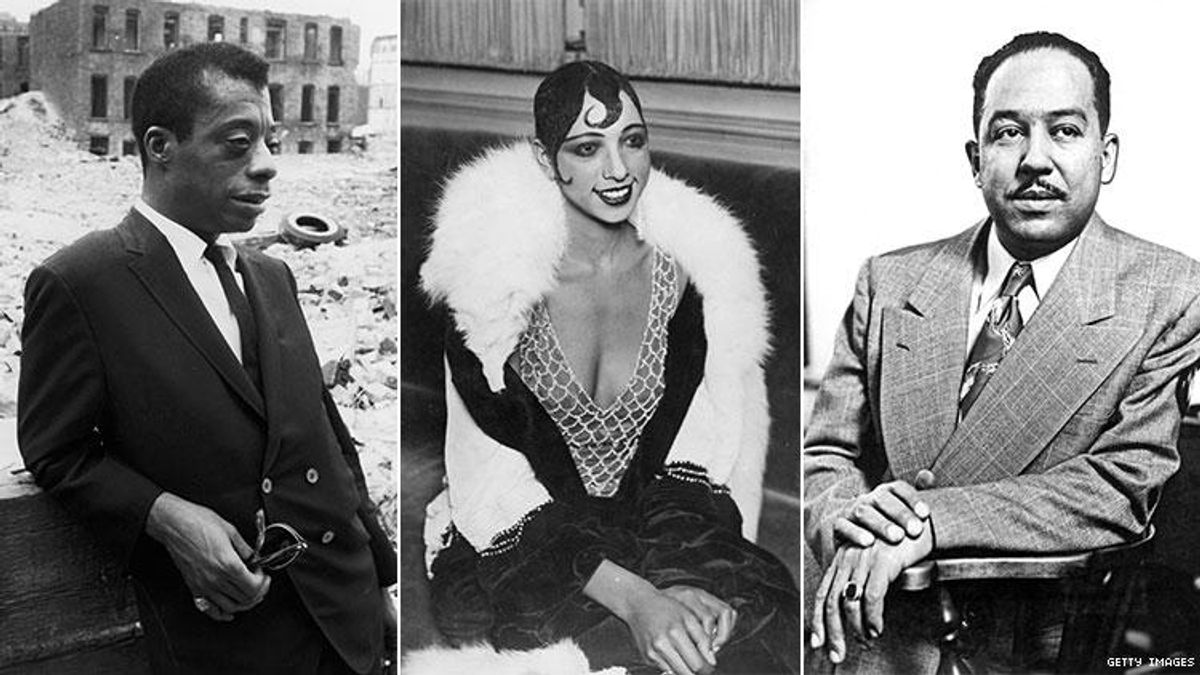
































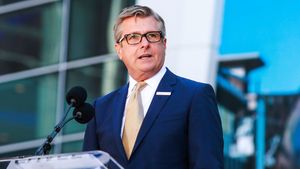
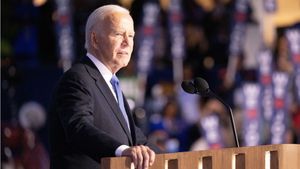

















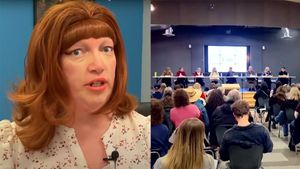
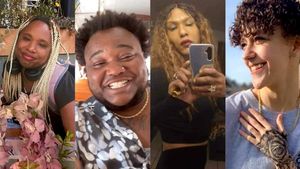



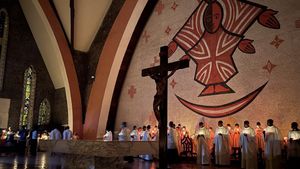













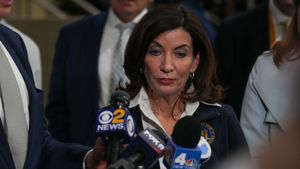
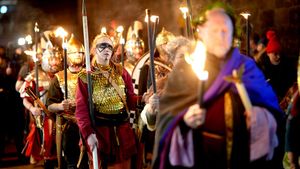
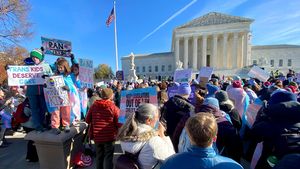







Sexy MAGA: Viral post saying Republicans 'have two daddies now' gets a rise from the right